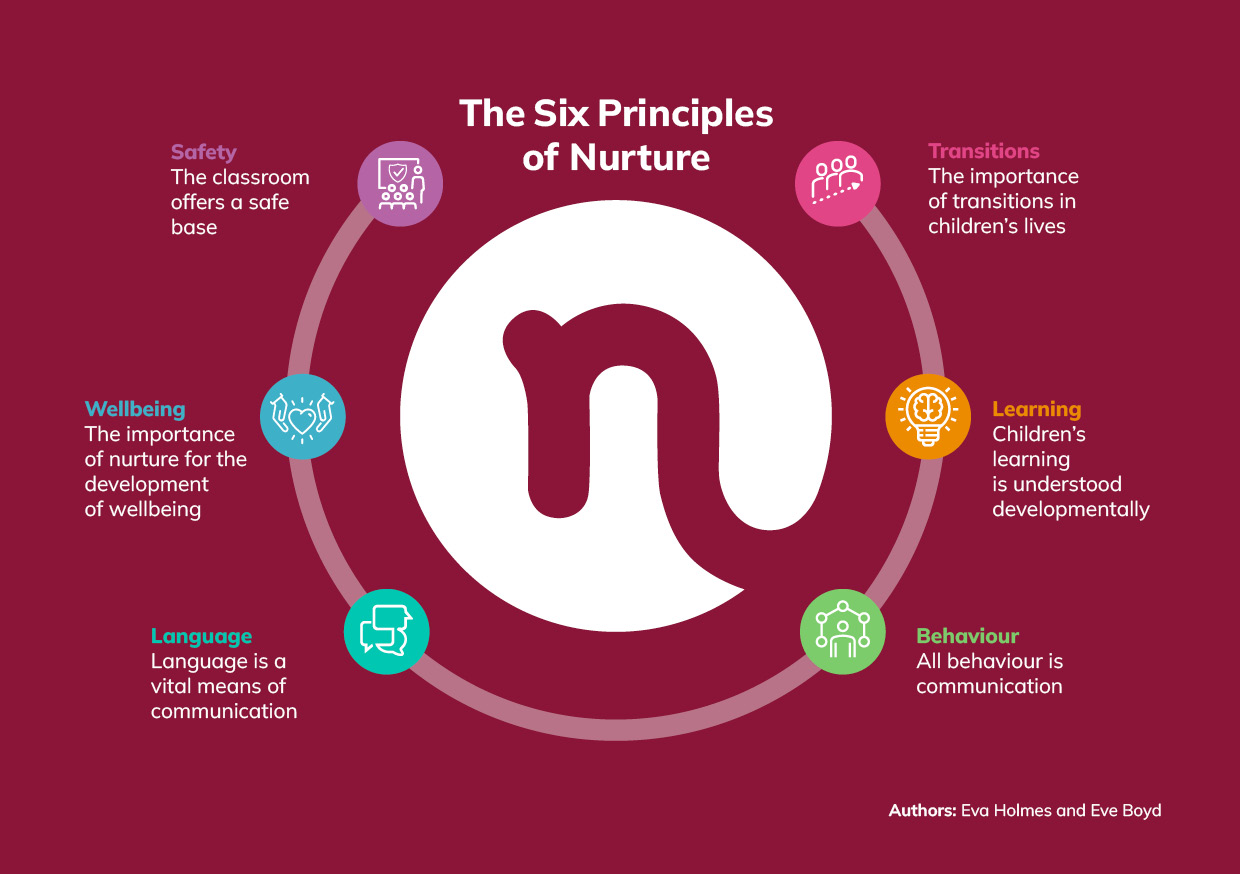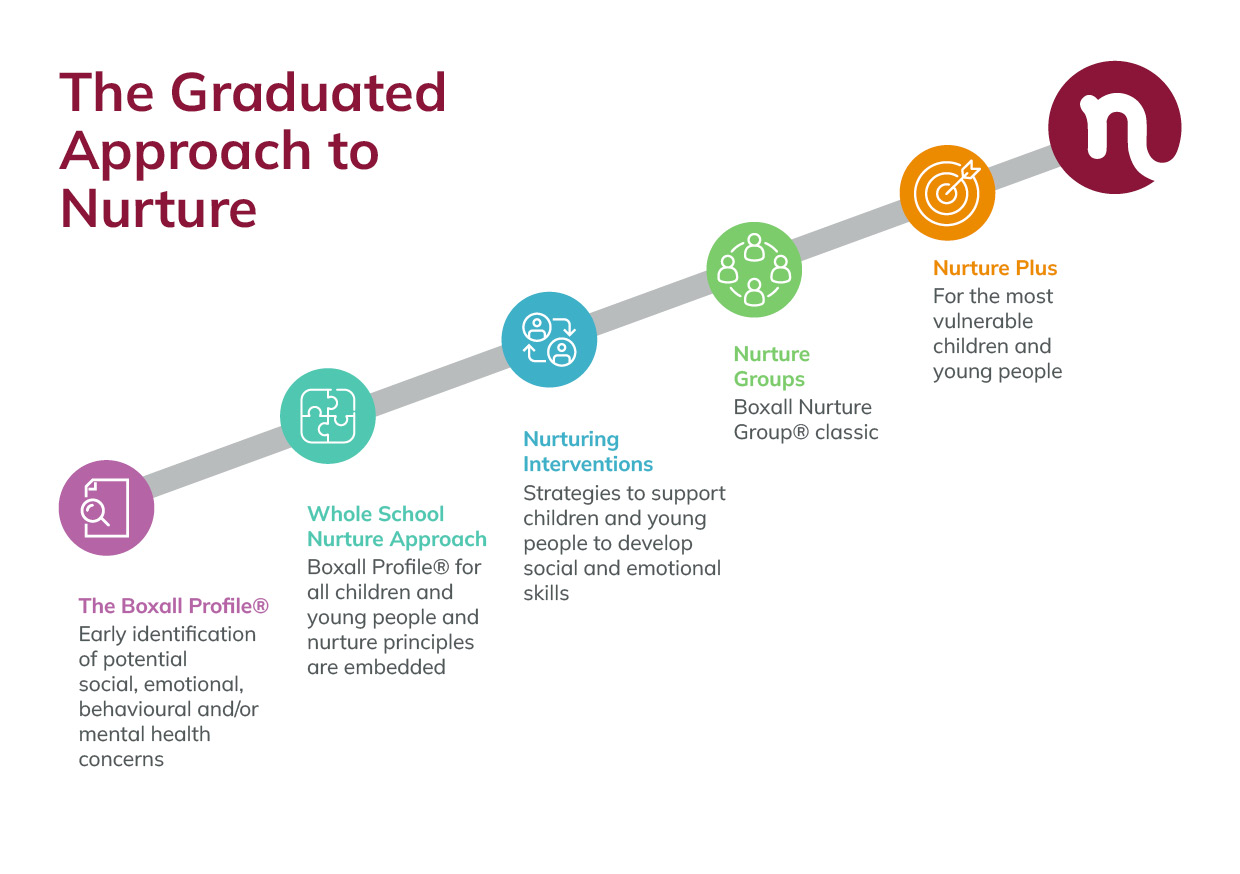Values and Ethos
Through God's love and strength all flourish
Our Vision
Our Christian vision guides our journey to provide a rich, well-rounded education enabling all to become the very best that God intended. We treat adults and pupils with love and dignity in a space where Christian values are developed and everyone can flourish.
Our Ethos
In recognising its historic foundation, the Governors and Staff of the Ash Cartwright & Kelsey Church of England Primary School (Aided) preserve and develop its religious character in accordance with the principles of the Church of England and in partnership with the Church, at Parish and Diocesan level.
The School aims to serve its community by providing an education of the highest quality within the context of Christian belief and practice. It encourages an understanding of the meaning and significance of faith, and promotes Christian values through the experience it offers to all pupils.
The School seeks to promote and uphold certain values through its policies and procedures; the way in which the adults act towards the children and each other; and the way the children are expected to behave.
Our Values
Friendship Joy Community Forgiveness Perseverance Creation
The School also seeks to serve its children, their parents and the community by promoting certain values which it holds to be fundamental to the nature and character of the Ash Cartwright & Kelsey School.
We aim to:
- Help to foster each child’s intellectual, physical, aesthetic, spiritual, emotional, moral and social development.
- Help each child to understand and seek to use our six school values: friendship, community, forgiveness, perseverance, joy, and creation in their lives
- Help each child to develop the ability to learn and to enjoy the challenge that often has to be met if a real sense of achievement to be experienced.
- Consistently demonstrate high standards in order to provide good role models for the children.
- Help each child to realise their potential through the development of the necessary skills, concepts and knowledge.
Restorative Justice
What are Restorative Justice Approaches?
Restorative Approaches are inspired by the philosophy and practices of Restorative Justice which aims to repair harm caused to relationships and communities by conflict.
Crucially it is believed that is best achieved by focusing upon the harm caused, rather than assigning blame and dispensing punishment which often fails to address the needs of those most affected.
Our school has adopted Restorative Justice approaches as they align with the ethos of our Christian faith. As our school strapline says, 'Through God's love and strength all flourish', and God guides us to work within a spirit of love, forgiveness and reconciliation.
Restorative Justice approaches are:
RJ is based on four key features:
RESPECT RESPONSIBLITY REPAIR REINTEGRATION
What can RJ do for a school?
- Creates a happier and safer school
- Mutually respectful relationships
- More effective teaching and learning
- Reduces exclusions
- Raises attendance
- Develops emotional literacy
- Addresses bullying behaviours
- Raises morale by culture of inclusion and belonging
What is Restorative Justice Conferencing?
- A process for resolving conflict
- A common language to resolve conflict
- Focuses on the needs of the victim
- Allows the wrongdoer(s) to understand the impact of their actions
- Encourages wrongdoer(s) to take responsibility for their actions
- Therefore creates accountability
- Likely to change behaviour and build character
If you have any queries or comments please speak with your child's class teacher or to Mrs Crascall or Mrs Wilkinson.
Mental Health First Aid Champions
We take the mental health of our pupils seriously - to be able to learn, our children have to be in the right frame of mind.
Record levels of young people are struggling. Academic pressure, social media, bullying, poverty, lack of availability of professional mental health support – all have been named as contributing to this epidemic of poor mental health in our young people.
It’s clear that young people are not getting the support they need. Key figures in a young person’s life – parents, family members, teachers, tutors, carers, youth workers – can often spot when a young person is struggling but may not know how best to help.
We have a number of trained Youth MHFA Champions in our school who have:
- An understanding of common mental health issues and how they can affect young people
- Ability to spot signs of mental ill health in young people and guide them to a place of support
- Knowledge and confidence to advocate for mental health awareness
- Skills to support positive wellbeing
This enables us to be confident in talking about Mental Health, stop worrying about what to do and know what to do before things get out of hand. We hope that by giving people the tools to open up these conversations, we can empower them to create mentally healthy, supportive environments in their families, schools, youth groups and communities.
NELFT - Emotional Well-Being Team - from February 2023
Ash Cartwright and Kelsey CEP school welcomes the Emotional Wellbeing Team (EWT) to the school. EWT's have 3 areas of focus:
1. Delivering evidence based interventions for mild to moderate mental health issues
2. Support the Senior Mental Health Lead in school to develop a whole school approach
3. Give timely advice to schools staff, liaising with external specialist service to help CYP get the right support and stay in education
Online workshops offer information around key topics to help understand what is going on for children and strategies to support them, based on the latest evidence and practice. The Emotional Wellbeing Practitioners, who are part of the EWT, offer support when needed and find out parental ideas about how we can all work together to support the emotional wellbeing and mental health of children at the school. Children may be included in whole school initiatives, for example, assemblies and classroom based activities that raise awareness about emotional wellbeing and mental health. In addition, children with a specific identified emotional wellbeing need (e.g., worry) may be invited to join a group or workshop, and parents will be informed if your child is included. Example workshops are:
Understanding your child’s behaviour
This workshop helps parents/carers to understand their child’s difficult to manage behaviours, and give them strategies to support in different situations. This workshop also includes self-regulation strategies for children, discusses parental self-care and recommends helpful books and resources.
Supporting Your Child’s Transition to Secondary School
Is your child moving to secondary school? Would you like to learn about ways to support your child with this next step in their lives?
We will be thinking about how to prepare and support your child with this move. We will consider challenges and concerns and discuss techniques that you can use at home to help them feel ready for the move ahead.
The EWT's also regularly hold Enquiry Reviews with Senior Mental Health Lead to decide if parents needs additional one to one support with specific issues such as anxiety or challenging behaviour. Individual and targeted group interventions with a focus on prevention and early intervention are offered for children and young people who present with mild to moderate emotional well-being/mental health difficulties that are known to respond well to low-intensity cognitive behavioural therapy informed approaches.
Whole-school approach to nurture - Started February 2024
Why nurture matters
Our school is currently undertaking the Nurture UK Accreditation
When we use the word ‘nurture’, we’re talking about the social factors that shape the development of children and young people: who they spend time with, instead of who they were born to.
Born from an understanding of how children learn and develop, a nurturing approach to learning addresses the impact of a pupil’s social environment on their emotional wellbeing, their social skills, and how ready they are to engage in school and the wider community.
By addressing missing nurturing experiences, teachers can help pupils to develop the social skills they need to thrive, and the confidence and resilience to deal with whatever life throws at them – not just at school, but for the rest of their lives.
Taking a whole-school approach to nurture
The process of developing a nurturing culture will be different for every school. It isn’t about signing up to an off-the-shelf programme, but about looking at a school’s core beliefs, its knowledge of its pupils’ needs, and its commitment to supporting them to achieve their very best.
Underpinned by Quality First Teaching and an understanding that a nurturing approach promotes healthy outcomes for pupils by responding to their emotional needs, the process is supported by several key tools and resources which are detailed below.


Nurture enables teachers to identify, understand, and address pupils’ needs with the right support. It helps schools to improve attendance, behaviour and attainment, and reduce exclusions.
The Boxall Profile®
This unique online tool assesses the social, emotional and mental development of pupils aged 4-18. It provides you with a precise picture of a pupil’s strengths, as well as any difficulties which could affect their learning.
Based on these results, the Boxall Profile® also tells you what type of support each pupil needs, providing you with practical strategies and techniques for the classroom or nurture group to help them achieve their full potential.
Why do we need to assess pupils’ wellbeing?
On average, over a third of pupils have some social, emotional or mental health (SEMH) need. For one in ten pupils, this need will be high, presenting as behavioural difficulties or diagnosable disorders like ADHD.
However, research in our Now You See Us study suggests that another quarter of pupils will have moderate SEMH needs, which are much harder for teachers to identify, but which can have a significant impact on pupils’ learning.
Using the Boxall Profile® is the best way to identify and address these hidden issues, to ensure that every child and young person gets the support they need to engage fully with their education.
Boxall Profile® assessments are not designed as a diagnostic tool for specific mental health conditions, learning difficulties or developmental difficulties. Instead, assessments are designed to help professionals understand and work more effectively with children and young people, in a way that's sensitive to the needs of the child or young person being assessed.





